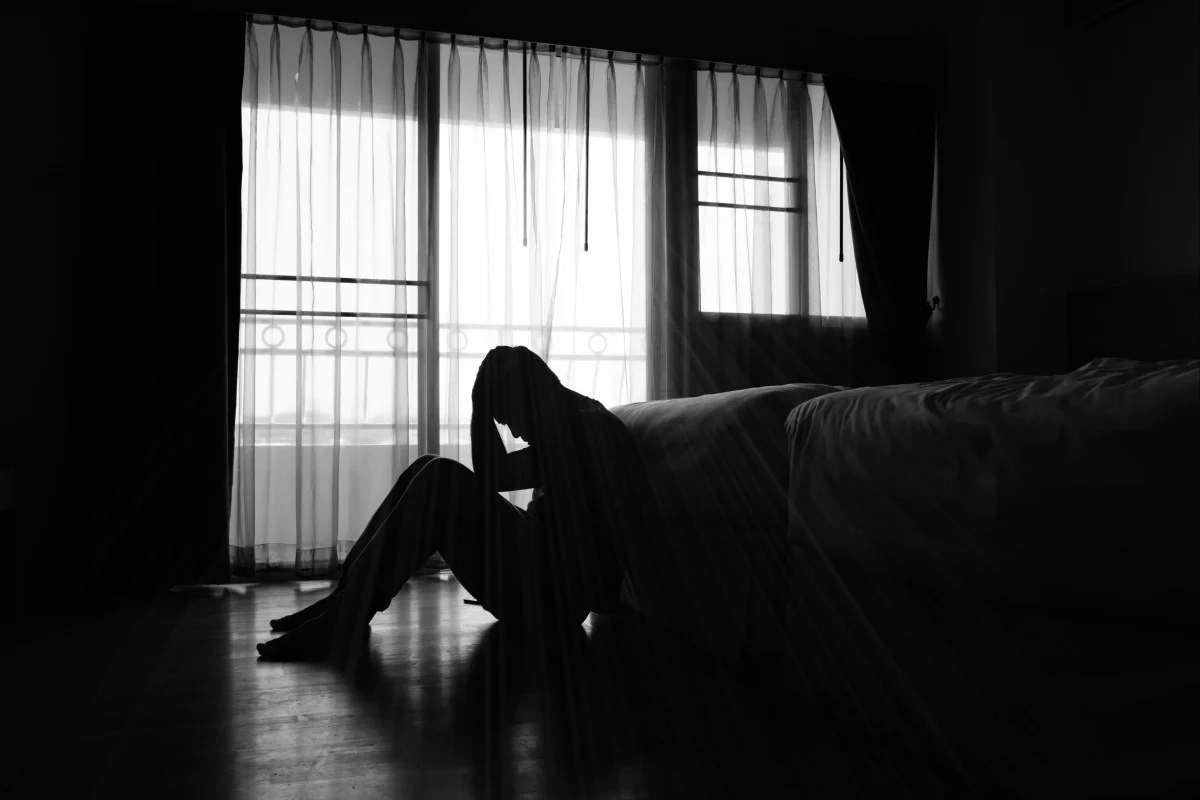Depression Treatment in Hong Kong: A Wake-Up Call After Tragedy
Hong Kong was left reeling after a suspected murder-suicide involving a father who was reportedly battling mental health issues. The 37-year-old man, believed to be suffering from depression, allegedly took the lives of his wife and two children before dying by suicide in a Tsuen Wan hotel. While no suicide note was found, his social media posts revealed a deep mental struggle and overwhelming anxiety about his role as a provider.
This devastating event has reignited public discourse on depression treatment and the urgent need for accessible mental health support in the city.
Understanding Depression: A Widespread Yet Often Overlooked Illness
Depression is a common but serious mood disorder that significantly affects how individuals feel, think, and function. Symptoms include prolonged sadness, loss of interest, fatigue, feelings of worthlessness, and physical issues such as sleep disturbances and appetite changes.
It affects around 10% of women and 5% of men in developed countries. Contributing factors include:
- Biological: Neurotransmitter imbalances, thyroid dysfunction, and substance use.
- Genetic: A family history increases the risk by 1.5 to 3 times.
- Environmental: Chronic stress, trauma, perfectionism, and unresolved emotional challenges.
Early depression treatment is essential to prevent worsening of symptoms and restore daily functioning.
Depression in Hong Kong: An Underestimated Crisis
The most recent citywide study on mental health, conducted between 2010 and 2013, showed that 1 in 7 people aged 16–75 had experienced a common mental disorder, including depression and anxiety.
Mental health professionals suspect that the rates may have increased after significant events such as the 2014 and 2019 protests and the COVID-19 pandemic (2020–2023). Yet, no recent official data exists to confirm this.
Without updated research and improved access to depression treatment, many may continue to suffer in silence.
Depression, Suicide, and Homicide: Understanding the Link
According to psychiatrist Dr. May Lam Mei-ling, president of the Hong Kong Mental Wellness Association, nearly 90% of suicide cases are linked to psychiatric conditions—primarily mood disorders like depression.
“Severe depression leads to feelings of hopelessness and helplessness,” said Dr. Lam. “Some individuals even believe that ending their family’s suffering is a form of love or protection.”
However, it’s crucial to understand that depression alone does not increase the risk of violence toward others unless substance abuse is present. Stigmatizing mental illness may prevent people from seeking necessary depression treatment.
Depression Treatment Options in Hong Kong: What Help Is Available?
Depression treatment is not one-size-fits-all, and there are various levels of care depending on the severity of symptoms:
- Mild symptoms: May benefit from counselling, cognitive behavioral therapy (CBT), or support groups.
- Moderate to severe symptoms: Often require a combination of medication and psychotherapy for effective results.
Individuals experiencing suicidal thoughts, chronic insomnia, or severe mood changes should consult a psychiatrist immediately. Early depression treatment can significantly improve recovery rates and quality of life.
Organizations such as the Hospital Authority, Mind HK, and The Samaritans provide accessible services and hotlines.
Supporting Someone Undergoing Depression Treatment
Family and friends play a vital role in the healing journey. Here’s how you can support a loved one:
- Listen without judgment
- Avoid dismissive remarks like “cheer up” or “it’s all in your head”
- Encourage professional help early
- Remain patient and present
- Care for your own mental well-being as a supporter
Creating a supportive environment can be just as critical as the depression treatment itself.
Frequently Asked Questions (FAQs)
Q1: Is depression treatable without medication?
Yes. Mild to moderate cases may benefit from therapy, lifestyle changes, and support groups. Severe cases may still require medication alongside other treatments.
Q2: Can people with depression become violent?
Not inherently. Most people with depression are not violent. Factors like substance abuse or untreated psychosis are more relevant to violent behavior.
Q3: How do I recognize if someone is depressed?
Look for signs such as social withdrawal, persistent sadness, fatigue, insomnia, and loss of interest in activities. Open conversations can encourage them to seek help.
Q4: Where can I find depression treatment in Hong Kong?
Services are available through public hospitals, private practitioners, and NGOs like Mind HK and The Samaritans.
Q5: What should I avoid saying to someone going through depression?
Avoid saying things like “snap out of it” or comparing their situation to others’. These can invalidate their feelings and make recovery more difficult.







